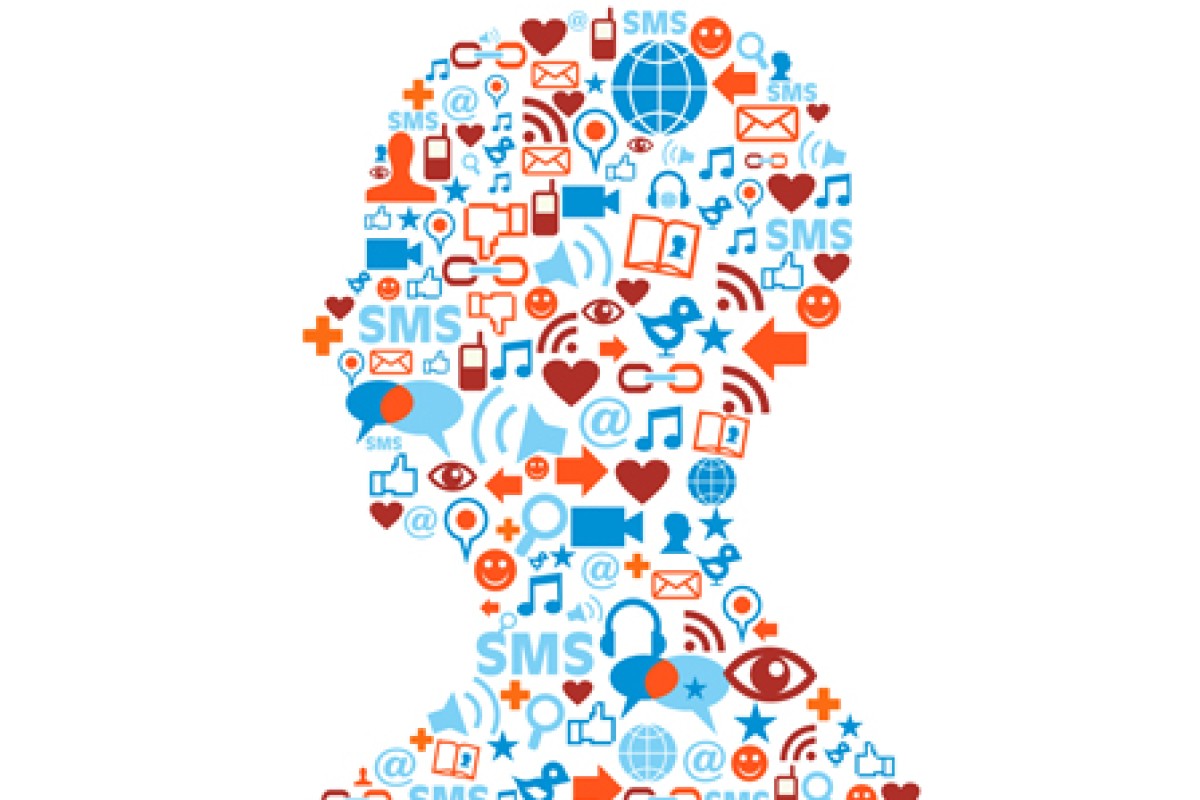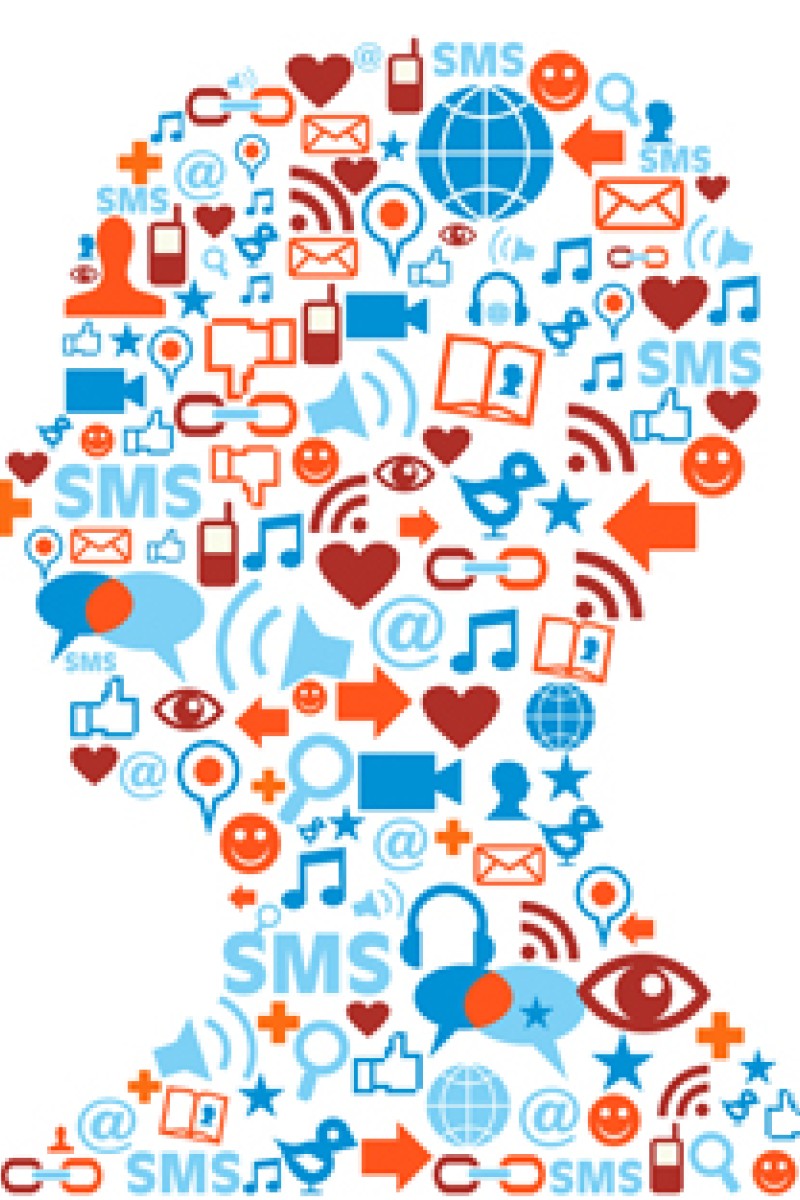
If you find yourself nodding in agreement to these questions, you could be suffering from iDisorder. You're not alone - most people born between 1990 and 1999, the so-called iGeneration, do too, says Professor Larry Rosen.
Psychologist Rosen teaches at California State University, Dominguez Hills. He has done extensive research on social networking and generational differences, and is the author of five books, including iDisorder: Understanding Our Obsession with Technology and Overcoming its Hold on Us. This month, he was in Hong Kong as a keynote speaker at a conference held by 21st Century Learning International.
"In my 25 years of studying the impact of technology, we're just now seeing how social media can predict symptoms of psychological disorders," he says.
"We found that people spending more time on Facebook tend to [exhibit] more signs of mania, narcissism, antisocial personality disorder. We also found that students who are heavy social media users have worse physical and emotional health, and more behavioural and attitude problems," he explains.
Professor Larry Rosen Photo: Lam King-yin
One area of concern is obsessive compulsive behaviour (OCD). "We found that teenagers are checking their technologies - particularly texts and social media - every 15minutes or less. If they can't do it, they get highly anxious.
"They suffer from 'Fomo' - Fear Of Missing Out. They're constantly thinking: Who might be texting me? Who might have posted something on Facebook?"
And over-dependency on social media has taken a toll on communication skills.
"Students spending most of their time communicating online are the ones having social phobia symptoms," Rosen says. "They're unable to pick up non-verbal cues or handle communication in the real world."
In another study, a team went into students' homes to see how they studied within a 15-minute time frame. "We found most students could only focus on their study for three to five minutes before switching to something else on social media. The 'off-task' students had the most windows opened on their computer," he says.
The students behaviour mirrored their school grades. Those that were able to focus more had better grades. Rosen says students think they are "multi-tasking", when really they are "task-switching", which is bad for the brain.
"When you switch between tasks back and forth like that, the blood in your brain has to move from here to there and back to here," he says. "It doesn't allow enough oxygen, which is required to process information for deep learning."
It also worries him that most teenagers have developed a habit of sleeping with their smartphones within arm's reach.
"It means that during the last hour before sleep, they 'multi-task' like crazy, which disrupts their sleep pattern and their brain doesn't get rested or rejuvenated."
Rosen says social media can be a "weapon of mass destruction" for our brain.
"It distracts you and overloads your brain, preventing myelin from developing properly," he says.
He explains that myelin enables our nerve cells to transmit information faster and perform complex brain processes. It develops from birth until we are in our mid- or late-20s.
Hong Kong has the second highest mobile penetration in the world and local teens are avid social media users. We should be worried
So what can we do?
"The solution is to take 'technology breaks'. Use your technology for a minute, then put it aside," says Rosen.
"Then, do something that calms your brain, such as taking a walk outside, listening to music, exercising, laughing, taking a hot shower, or talking to a friend live and not on the internet."
"You need to learn to focus and avoid being distracted by social media. It takes practice, but it is good for your brain," he says.
